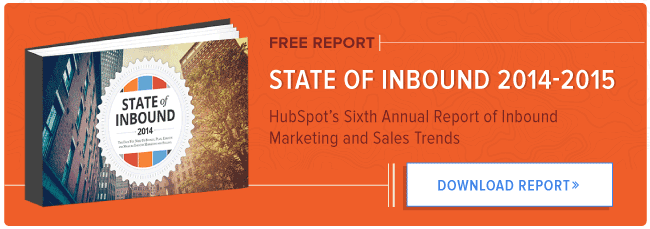 This post originally appeared on The Agency Post. To read more content like this, subscribe to The Agency Post.
This post originally appeared on The Agency Post. To read more content like this, subscribe to The Agency Post.
Dear Journalists,
It’s me, PR. I wanted to write to you today as someone who has read countless articles on how I am supposed to grab the attention of journalists like you; compel you, intrigue you, pitch you, persuade you, befriend you, understand you … and a manner of other items.
What these articles fail to mention is how I can work with you — especially when it’s mutually beneficial. You see, you write great stories, and I have clients that have great stories. We’re like peanut butter and jelly, really.
While there may be countless articles on how PR professionals can best work with journalists, there are very few on how journalists can work well with PR. I think there are some great benefits to a mutually supportive relationship, especially in today’s rapidly changing media climate where we have a lot of sway with audiences directly.
Here are a few ideas for how journalists can help and support their PR counterparts.
1) Let us know when you run an article based off a pitch. No bells or whistles needed; just a ping.
I’m going to start with the bare-boned explanation: We help increase your audience. You already know that the publication you work for is most likely making most of their profit through advertisements. This means that the more targeted audience members who read and interact with your posts/articles/stories, the more earnings your publisher sees — and the more you prove your position and evangelize your well-written content.
I want to help with this, and as a communications professional, I have a lot of tools to do so. When we find out that you penned an article that involves our clients, it’s like Christmas morning. We want to call all of our friends and show ’em what we got.
At the very least, we want to spread that article via social media, newsletters, posts, comments, and blogs. Then right after, we want to tell our clients to spread it even further. So at the very least, let us know! We’ll try and make it as good for you as it was for us.
2) Don’t leave us hanging.
I understand you get pitched a lot, and too often, I understand it’s untargeted. I also recognize that you may not have the time to respond. I’m actually completely okay with that and respect it. But if you reach out and respond and I respond back, I’d at least appreciate you either following up with the conversation or clearly ending it.
It’s not just about good manners — clear boundaries mean fewer annoyances for me. Not to mention it’s the way to solidify a great relationship. The next time I’m working with a company with incredibly exciting news, or when you think I might have a great exclusive, I’ll remember our relationship. I promise!
We have a lot of sources we can take our materials to — just like you have a lot of pitches you can choose from — but sometimes, we see one that’s truly special, and a little mutual respect goes a long way. So a quick “thanks, that was great!” or “no thanks, but I appreciate the info” might be the easiest writing you do all day.
3) Be clear about your intentions.
Look, we’ve both got jobs to do, and we’re both accountable to other people. While I’m sure you’ve had some experiences with PR folks who have been less-than-totally-honest about their intentions, many PR folks have been led astray by journalists as well.
We can build from this distrust. If we’re working with a client you’ve already developed negative opinions about, let us know! But doing something like asking interview questions and then spinning responses into negatives is just as bad as a PR person spinning a story to intentionally give a dishonest view.
In the end, both of us have failed, and all it creates is a pretty funky media climate. It’s easy to spin a story, and it’s just as easy to spin an interviewee’s response. But usually neither actually digs into the truth.
4) Do your homework, too.
We typically try our best to deliver you as much information as possible by doing our homework. If we’re delivering a stat, a quote, or exploring a new angle for our clients, you can bet that we’re going to hand it to you in a tight, well-researched package. We’re expecting you to do the same when you research that story.
At the end of the day, we don’t have to always like each other (although cordiality is preferred), but we have to respect each other. We’re dependent on each other. Working together is better than working apart.
We’re aware that journalism is going through an industry shakeup, but did you know that the PR industry is going through something similar? Public relations is making an ambitious shift toward content relations, bringing disjointed marketing communications together again. We’re striving to weave corporate stories together across multiple mediums, constructing one compelling, unified story.
If both journalists and PR professionals recognize these positive changes in one another, maybe it will bring about a mutual shift in how we see each other and how we work with each other in the future.
![]()


